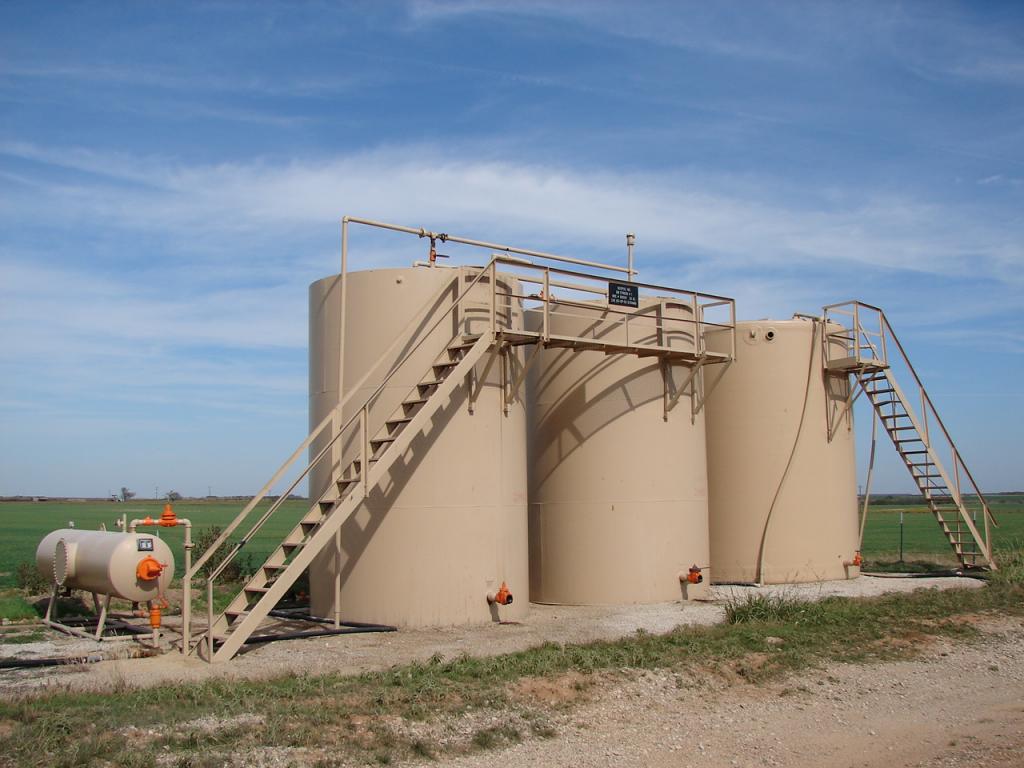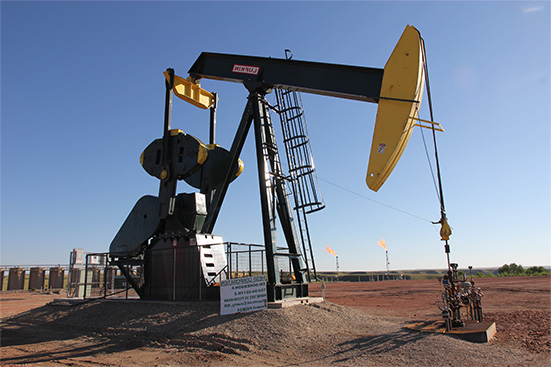
The petroleum industry is a powerful force driving global energy and economic development. From powering cars to heating homes, this diverse sector plays a key role in everyday life. Curious about how the industry operates and why it’s such a promising field for investors? Read on to discover the key components of the petroleum industry and how they offer opportunities for growth and profit.
Understanding the Petroleum Industry
The petroleum industry is vast and complex, yet it all begins with one essential resource: crude oil. Extracted from the earth using various techniques, this natural resource is refined into fuels like gasoline, diesel, and jet fuel, as well as products like plastics and chemicals. While many think of oil purely as fuel for cars, its uses extend far beyond that – making it an essential part of modern life.
Exploration and Production: The Heart of the Petroleum Industry
The first step in the petroleum industry is the exploration and production of crude oil. Geologists, engineers, and drilling teams work together to locate oil reserves beneath the Earth’s surface. Using advanced technology such as seismic imaging, these professionals identify potential oil-bearing formations.
Once a site is identified, drilling begins. This process involves sinking a well deep into the ground to access the oil. The success of drilling efforts can depend on many factors, including geology, equipment, and expertise. After drilling, oil is pumped to the surface and transported to refineries for processing.
Exploration and production (commonly known as E&P) are critical parts of the petroleum industry. Without these activities, there would be no supply of oil to refine, distribute, or consume. Hence, advancements in technology and precision drilling continue to shape the future of oil extraction.
Refining: Turning Crude Oil into Everyday Products
After extraction, crude oil must be refined to create the various fuels and products used around the world. Refineries take crude oil and process it into usable substances through several stages, including distillation and chemical treatment. The refining process transforms raw oil into familiar products like gasoline, diesel, jet fuel, and heating oil.
The refining sector of the petroleum industry requires massive infrastructure and highly specialized knowledge. The efficient operation of refineries ensures that supply meets demand and that consumers receive the products they need. This step in the petroleum process is often less visible but just as critical as extraction.
Contact DW Energy
Want to learn more about oil & gas investing? Our expert team can provide you with more information or schedule a consultation to talk about diversifying your investment portfolio.

Distribution: Connecting Oil to the Global Market
Once oil is refined, it needs to reach consumers, and this is where the distribution process comes into play. Pipelines, trucks, ships, and railroads transport oil from refineries to storage facilities and ultimately to consumers. The global network that moves petroleum is vast, with pipelines stretching across continents and shipping routes covering the oceans.
The reliability of these transportation networks is vital to ensuring a stable supply of petroleum products. For instance, pipelines play an important role in moving large volumes of oil quickly and safely, while tankers transport refined products to international markets. This distribution process allows oil to power industries, homes, and transportation systems worldwide.
Advancements in Petroleum Technology
Over the years, the petroleum industry has seen dramatic advancements in technology, improving efficiency and reducing environmental impact. For example, hydraulic fracturing (commonly known as fracking) and horizontal drilling have revolutionized oil extraction by making previously inaccessible oil reserves easier to tap into. These techniques have expanded global oil supplies and have made many regions self-sufficient in energy production.
On the refining side, technological improvements have allowed refineries to process heavier and more complex crude oils, increasing their flexibility and output. Automation and digital monitoring also enhance the safety and efficiency of both extraction and refining operations.
Challenges and Opportunities in the Petroleum Industry
Like any major industry, petroleum faces its share of challenges. Fluctuations in oil prices, geopolitical tensions, and environmental concerns can all affect the industry’s operations. However, these challenges also present opportunities for innovation and growth. The ability of the petroleum industry to adapt to changing circumstances – whether through technological advancements or new business models – positions it as a resilient sector in the global economy.
For example, periods of low oil prices encourage companies to innovate, finding ways to reduce costs and increase efficiency. Similarly, the drive for cleaner energy solutions has led petroleum companies to invest in technologies that reduce emissions and manage resources more sustainably. These shifts create opportunities for investors to participate in a dynamic and evolving industry.
The Future of Petroleum: Navigating Change with Confidence
The petroleum industry is expected to remain a major force in the global energy sector for years to come. Despite increasing interest in renewable energy sources, oil and gas will continue to play a major role in meeting energy demands, especially in sectors like transportation and manufacturing. The global demand for petroleum products is expected to rise, driven by population growth and industrialization in emerging markets.
At the same time, the industry is embracing cleaner technologies and more sustainable practices. Innovations like carbon capture and storage (CCS) and renewable energy integration are helping to address environmental concerns while ensuring that petroleum remains a viable energy source. The petroleum industry’s ability to innovate and adapt will be key to its continued relevance and success.
The petroleum industry is a dynamic and essential part of the global economy. It drives innovation, fuels growth, and presents numerous opportunities for energy investors. As this industry continues to evolve, investors can find exciting opportunities to grow with it. To explore more about how to invest in this field, visit DW Energy Group, where we provide insights and education tailored to approved and qualified investors.
Contact dw energy
Sources:
“What Is Crude Oil, and Why Is It Important to Investors?” Investopedia, https://www.investopedia.com/terms/c/crude-oil.asp
“Exploration & Production (E&P): Role in Oil and Gas Industry,” Investopedia, https://www.investopedia.com/terms/e/exploration-production-company.asp
“Oil and petroleum products explained: Refining crude oil,” U.S. Energy Information Administration, https://www.eia.gov/energyexplained/oil-and-petroleum-products/refining-crude-oil-the-refining-process.php
“Refining, Distribution and Marketing,” American Petroleum Institute, https://www.api.org/oil-and-natural-gas/wells-to-consumer/fuels-and-refining/refineries/refining-distribution-and-marketing
“Hydraulic Fracturing Has Made the United States a Major Oil Producer,” DW Energy Group, https://www.dwenergygroup.com/hydraulic-fracturing-has-made-the-united-states-a-major-oil-producer/
“The Economic Realities of Renewable Energy,” DW Energy Group, https://www.dwenergygroup.com/the-economic-realities-of-renewable-energy/
